Cat Depressed After New Kitten? Everything You Need to Know
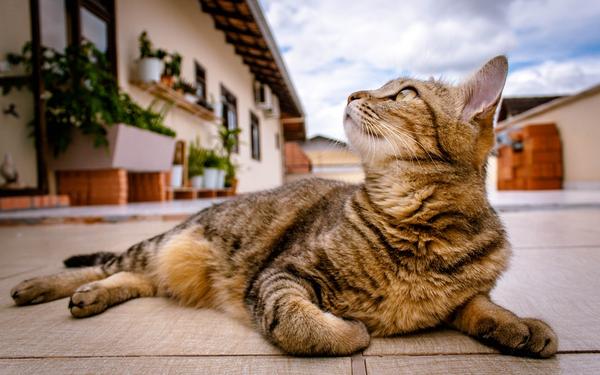
Feeling concerned about why your cat might be depressed after adding a new furry family member?
Wondering what's going on in that little feline brain?
Well, let's dive into the world of feline emotions and unravel this mysterious kitten drama, shall we? 😺
Understanding Cat Depression After Introducing a New Kitten
So you got a new kitten and now your old cat seems down in the dumps. What's the deal?
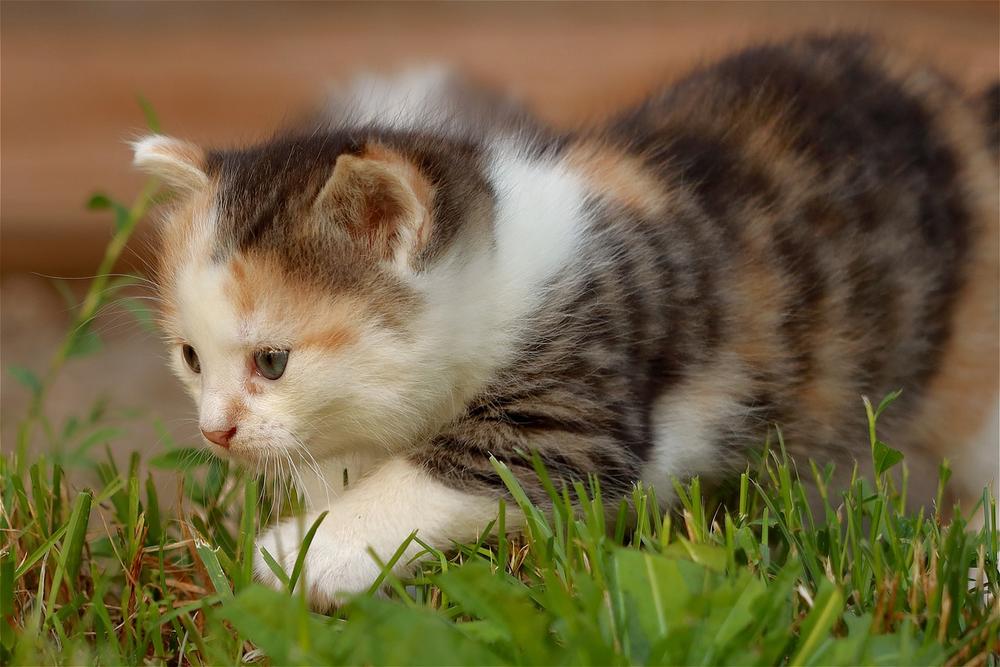
Well, let's break it down for you on why your cat might be feeling depressed after the arrival of the new furball:
- Your existing cat may feel like their territory is being invaded by this sly little intruder.
- They might worry about not having enough resources like food, water, toys, or even personal space with the new addition around.
- Here's the thing, cats aren't exactly open books when it comes to expressing themselves, so you gotta keep an eye out for any signs of distress and make sure they feel safe and secure.
- It's a good idea to give each cat their own designated area to ease their insecurities and help them feel more at ease.
- Trust is a big issue here too. Your existing cat might be questioning whether this newcomer can be trusted, leading to anxiety and loneliness.
- Take it slow and steady when introducing the new kitty. Let both cats adjust at their own pace, no rush needed.
- Show your existing cat some extra love and attention. Give 'em more playtime, snuggles, and quality time together. They need to know they're still important to you.
- A little scent swapping can go a long way. Rub a towel on one cat and then let the other get familiar with that scent. It helps them get used to each other.
- Lastly, be patient, my friend. Change takes time for these feline creatures. So just hang in there and be understanding during this transition period.
By understanding these factors, you'll be able to support your cat through this tough time.
Stay strong! 😺
Signs and Symptoms of Cat Depression
If your cat is feeling down after getting a new kitten, here's how you can tell:
- If they're scratching more than usual, it could mean they're anxious or stressed.
- They might start following you around even more, looking for comfort and reassurance.
- Hiding or sleeping more could be their way of dealing with these emotions. 😔
- Keep an eye on their bathroom habits; they might start urinating outside the litter box due to stress or marking territory.
- Pay attention if they're meowing excessively or making other unusual noises - this could be a sign of depression.
- Depressed cats tend to let their grooming slide, so if they stop taking care of themselves, that's a red flag.
- Watch out for any signs of aggression or fearfulness - these could indicate emotional distress.
- Their appetite might also change; they might eat less or more than usual.
- If they're having trouble sleeping and seem restless or have insomnia, it could be tied to their emotional state.
- Lastly, keep an eye on their weight - if they start losing weight and lose interest in food, it could be a sign of depression.
If you notice any of these signs, give your furry friend some extra care and attention during this transition period.
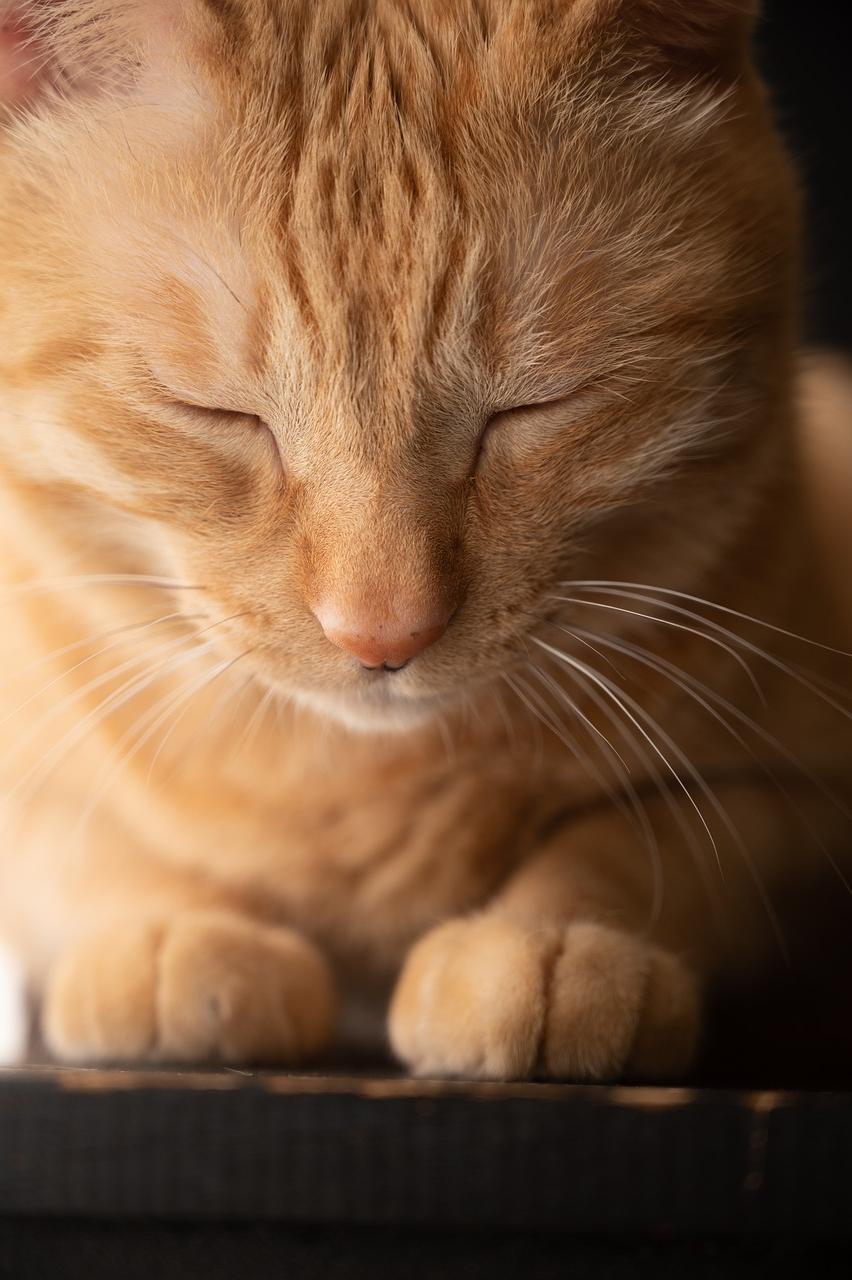
But what can you do if your cat is showing signs of depression or jealousy?
How can you address their emotions and make them feel loved and secure again?
Well, let me share with you some effective strategies to help your furry friend overcome these feelings and adjust to the new kitten in the household...
Recognizing and Addressing Cat Jealousy Towards a New Kitten
Recognizing cat jealousy towards a new kitten is important for creating harmony in your home. Here are some practical tips to address this issue:
- Gradual Transition: Introduce the new kitten slowly, allowing the older cat to adjust at their own pace.
- Separate Territory: Provide separate spaces for each cat, including separate litter boxes, food bowls, and resting areas.
- Positive Reinforcement: Reward both cats with treats and praise when they interact peacefully or show signs of acceptance.
- Play Time: Engage in interactive play sessions with both cats individually, using toys that stimulate their natural instincts.
- Scent Swapping: Rub a towel on one cat and then place it near the other cat, helping them become familiar with each other's scent.
- Designated Alone Time: Ensure that each cat has their alone time with you to prevent feelings of neglect.
- Professional Help: If aggressive behavior persists, consult with a veterinarian or animal behaviorist for further guidance.
Fostering a positive bond between your current cat and new kitten can be achieved by implementing these tactics to handle feline jealousy. 👍
And if you find yourself wondering why your cat has stopped cuddling up with you at night, don't worry, I've got you covered.
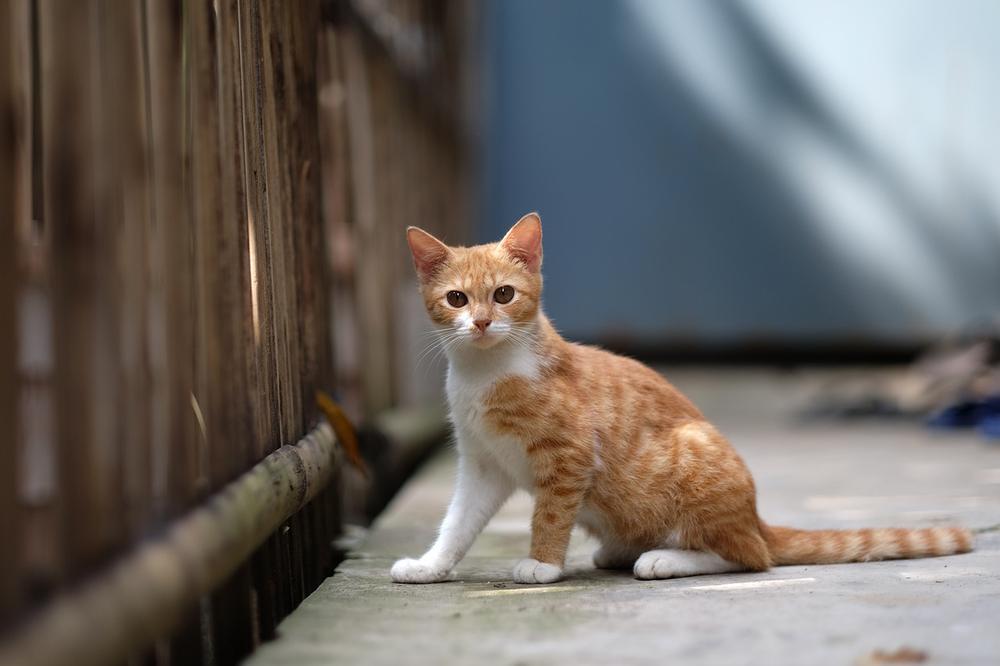
In my blog post, I explore all the possible reasons and solutions for why your cat may have changed their sleeping habits.
Trust me, you won't want to miss out on my guide, Why Wont My Cat Sleep With Me Anymore.
It's filled with valuable insights and tips to help you foster a deeper bond with your feline companion.
Check it out now!
Successfully Introducing a New Kitten and Helping a Depressed Cat
When bringing in a new kitten to cheer up your sad cat, there are some things you should think about and carefully manage.
Here's what you can do to help the two furry friends get along:
- Take it slow: Start by having them sniff each other's scents under closed doors.
- Encourage positive interactions: When they finally meet face-to-face, be there to supervise and reward calm behavior.
- Let nature take its course: Allow the cats to work out their own hierarchy without interfering.
- Bond over playtime and meals: Get them involved in activities together, like playing and eating, to encourage a connection.
- Give them their own space: At first, provide separate rooms for each cat with all the necessary stuff like litter boxes, food bowls, and toys.
- Gradually phase out separation: Over time, let them have supervised access to each other's spaces and make sure they're getting along.
- Keep those nails trimmed: Regularly clip both cats' nails so they won't hurt each other during playtime.
- Seek professional advice: If your older cat is still struggling or showing signs of depression, consult a vet for help.
This adjustment period may require some patience, as it takes time for the older cat to fully adjust.
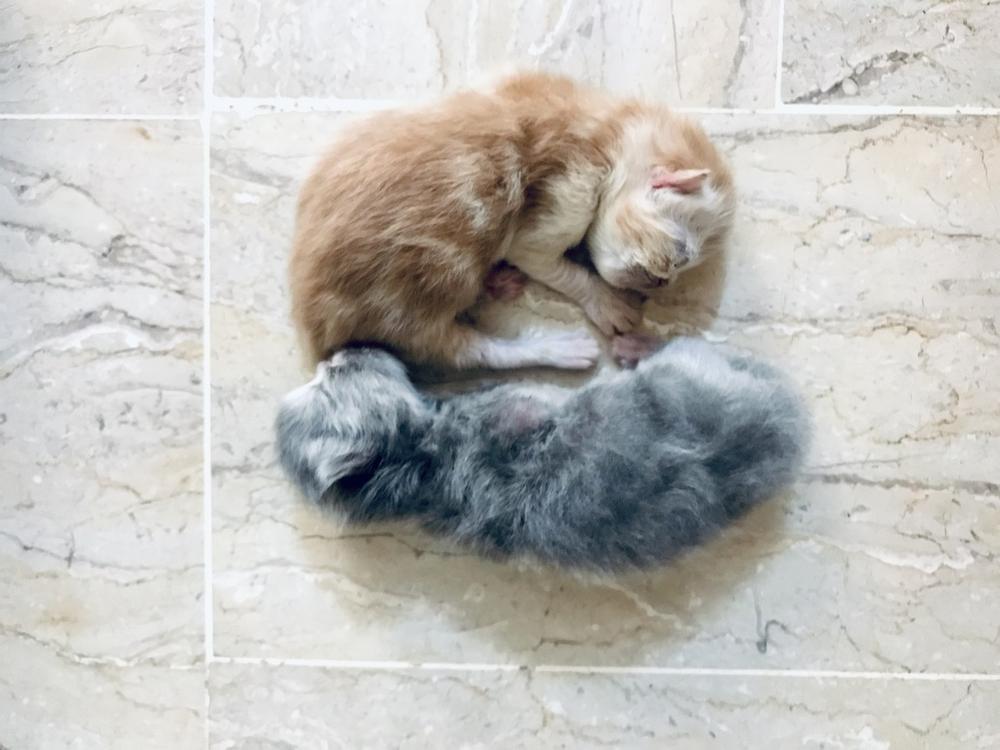
Now that you have all the tools to successfully introduce a new kitten and help your depressed cat, there's one more resource I want to share with you.
If you've noticed any signs of aggression, particularly if your older cat is attacking the new kitten, my blog post on older cat aggression is a must-read! Discover effective strategies to promote peace in your feline family by checking out my article Older Cat Attacking New Kitten.
You'll find expert advice and practical tips to handle this situation with care and understanding.
Don't miss out on this valuable resource that could make all the difference.
Seeking Professional Help for a Depressed Cat
If you want to help your depressed cat, here are 8 important steps to consider:
- Make sure you include engagement toys in their daily routine.
- Get interactive puzzle feeders and treat-dispensing toys for some mental stimulation.
- Depression can be tackled with mental engagement, so find ways to challenge your cat's mind.
- Take your furry friend to the vet for a check-up just to be safe.
- It's essential to look out for any underlying health issues as they can contribute to depression.
- If things don't improve, don't hesitate to seek professional help to dig deeper into the cause of your cat's depression.
- Before jumping to conclusions, make sure you rule out other health conditions that could be causing your cat's unhappiness.
- Thinking about getting a new kitten? Consult a veterinarian to ensure it's the right choice for both your cat and you.
Engaging with your cat and seeking professional advice is crucial for their well-being.
Don't hesitate to take action for your furball's sake!
Dealing with Cat Depression in a Nutshell
Key takeaways:
- Cats may experience depression after the introduction of a new kitten.
- Signs of stress in cats include longer sleep times, loss of interest in food, and distancing behavior.
- Common causes of cat depression include changes in routine, loss of attention, and changes in social dynamics.
- Signs of cat depression include increased scratching, hiding, changes in appetite, and changes in grooming habits.
- Cat depression after introducing a new kitten can manifest as changes in eating habits, excessive meowing, and decreased activity level.
- Cats may exhibit behaviors such as hissing, hiding, and scratching as a way to show jealousy towards the new kitten.
- Successfully introducing a new kitten and helping a depressed cat involves providing love, security, and reassurance to the older cat.
- Creating a calming environment and gradually introducing the cats can help ease the transition.
- It is important to get your depressed cat checked by a vet to rule out other health conditions.
- Seeking professional help can determine the root cause of your cat's depression.
And that wraps up today's article.
If you wish to read more of my useful articles, I recommend you check out some of these: Why Is My Cat Ignoring Me All of a Sudden, My Cat Doesnt Want to Mate, What Does the Position of Your Cats Whiskers Mean, Old Cat Peeing Everywhere, and Why Is My Cat Obsessed With My Bras
Talk soon,
-Sarah Davis